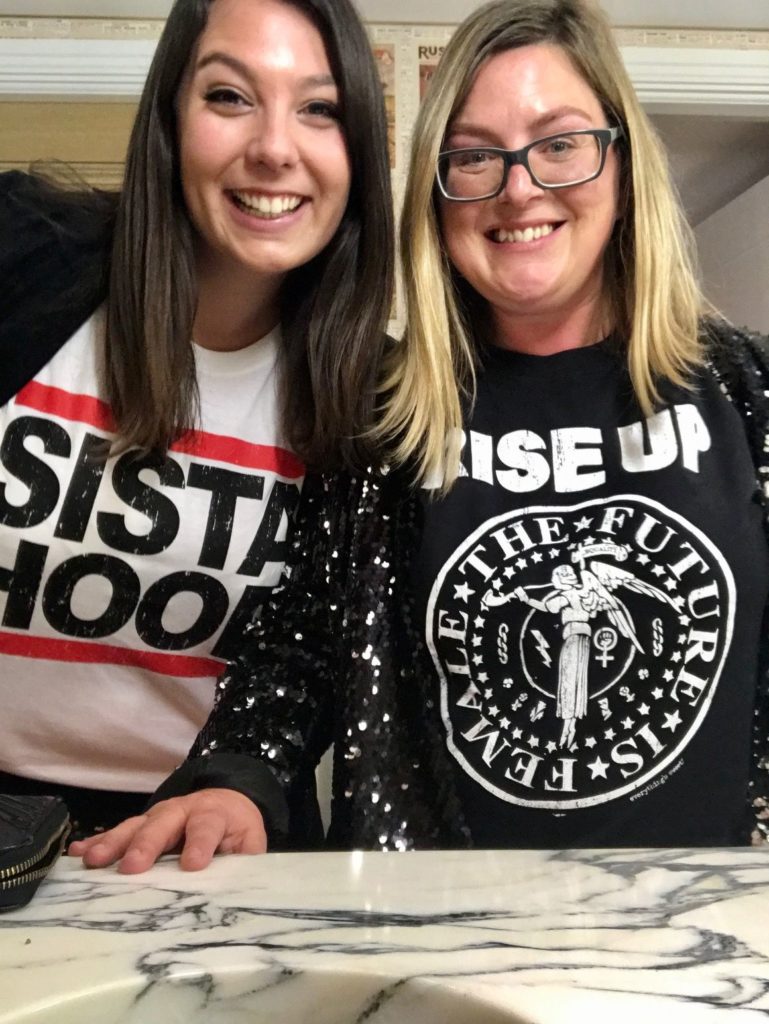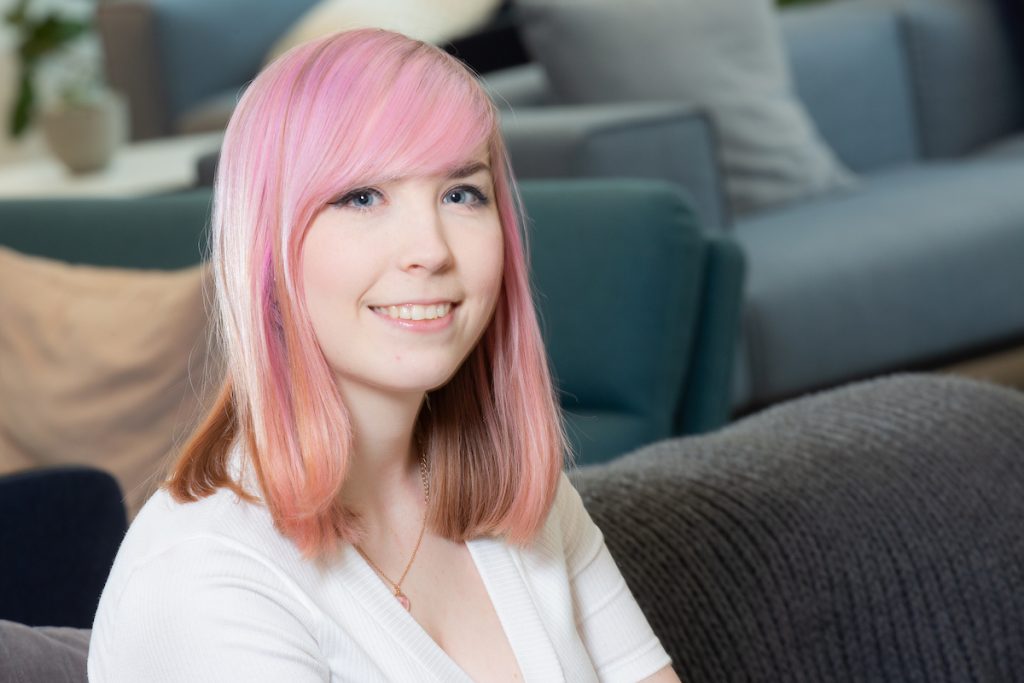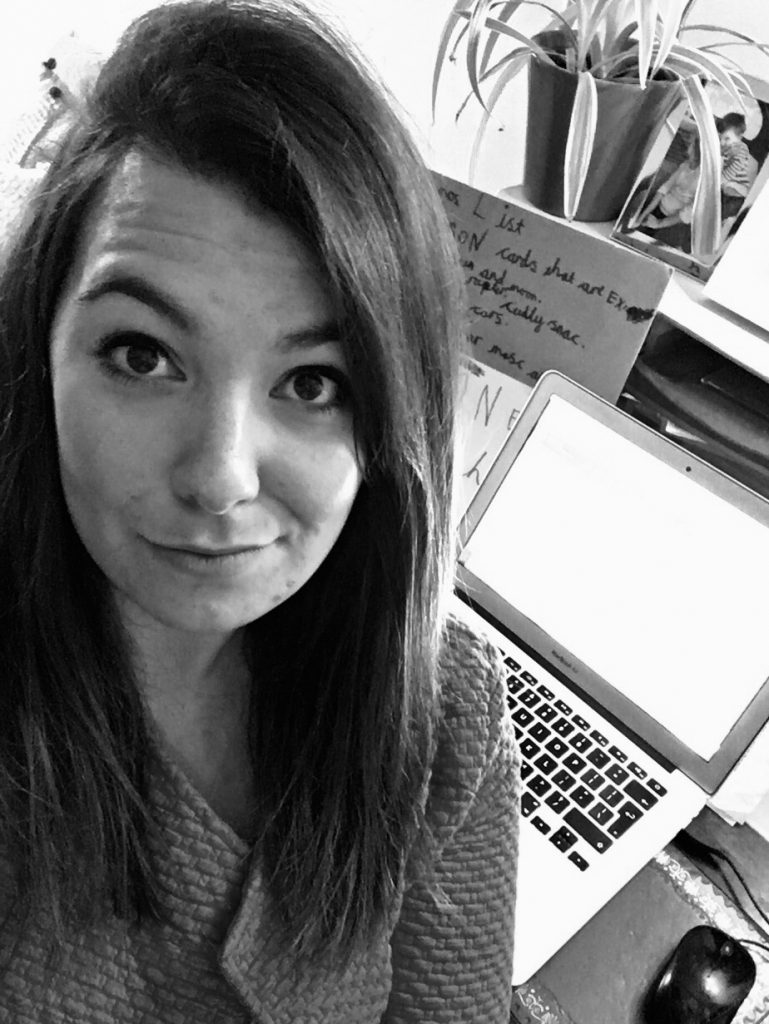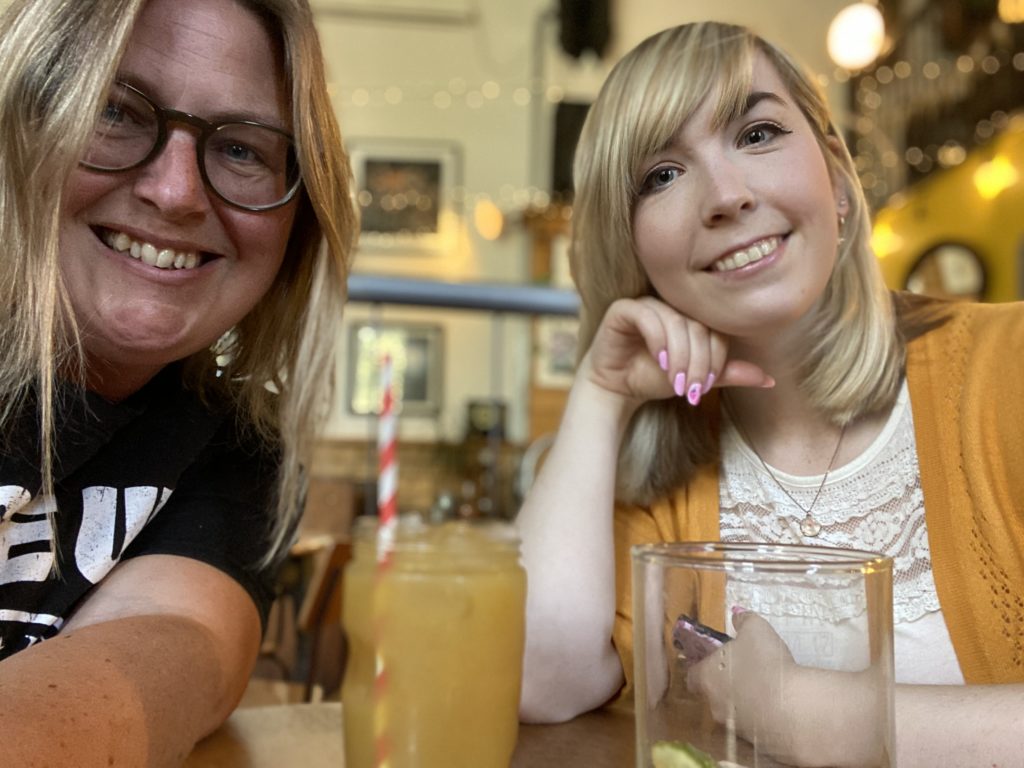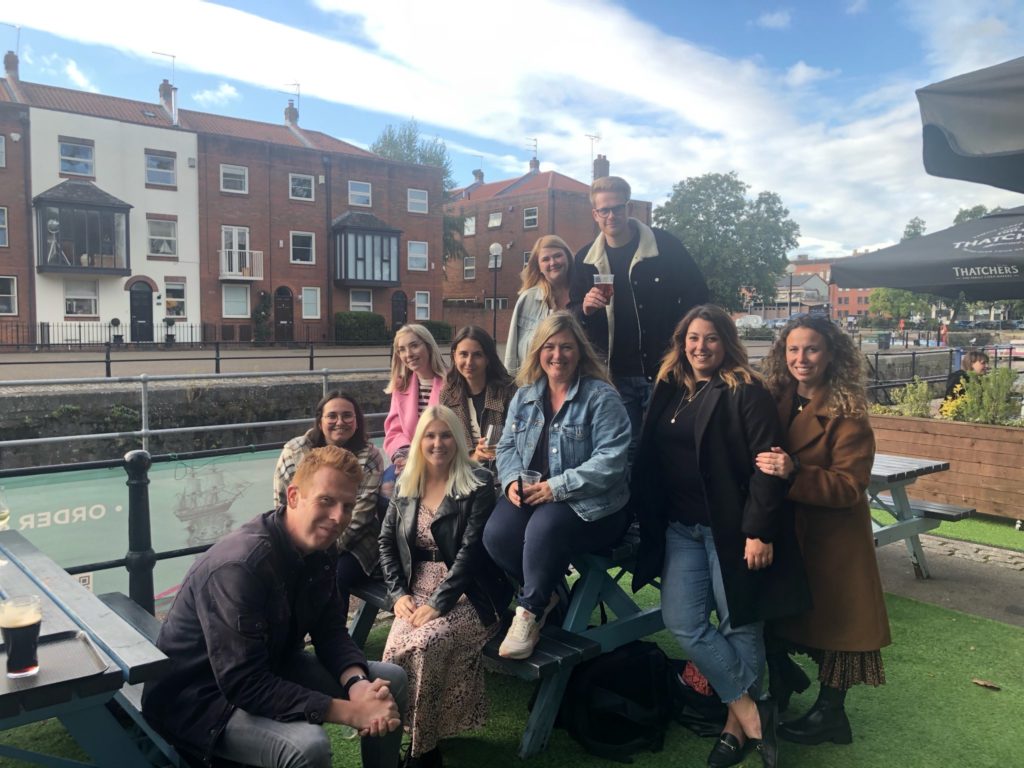Pivotal moments, lost opportunities and best client relationships – the Mantisaversary edit
Written by Eleanor WillockMantis has celebrated four Mantisaversaries this week, totalling 23 years service at the agency. Liz, our wonderful operations manager, has been here five years. Rebecca, our AD, three. Bryony Cox has turned lucky (for us) seven in 2021, and I have reached 11 years.
To celebrate, Bryony and I thought we’d ask each other three ‘hard’ questions, in lieu of the sorts of conversation we probably would be having in the office or in the pub if we had got to spend more time together in 2020. The focus was supposed to be on things we’d learned and experienced in our time at Mantis, and we discuss good clients, bad clients, worst experiences, incredible events, and our mental health. If there’s any more questions you’d like us to answer, we’re on a bit of a roll now, so please feel free.
Eleanor asks Bryony
What do you think has been the most pivotal moment at Mantis in the seven years you’ve been here? Why?
There has been quite a few. An obvious one is our recent acquisition by Ruder Finn. Fairly momentous.
Outside of that, taking the decision to expand the team with more junior hires – a brave move when you are a very small team of senior consultants mostly working remotely in a niche area of PR. We had to adapt significantly for that to work, but it’s pretty cool to see the results of that in our amazing team today.
What characteristics defined your best, and your most challenging client of the past seven years?
The most difficult client relationships are usually the ones you learn the most from – either because you needed to be better, or because you take that as an example of how not to behave. One early client gave me an unwelcome lesson in the use of bone crushing handshakes to present a show of dominance. Maybe not so useful in today’s world.
Seriously though, the defining characteristic of a bad client relationship to me is a lack of trust. That has negative consequences in terms of the quality of the output and team morale. The best trusting client relationships are, of course, built over time. But I’ve also had great clients who really demonstrated it from day one, invested emotionally and practically in what we were doing and saw great results from a highly motivated and happy team – their side and ours.
How do you manage your mental health and your professional wellbeing? Do you think that’s something that’s changed since you joined Mantis?
If you’d asked me this seven years ago, I would have wondered what you were talking about. It wasn’t a consideration for me at all, or something anyone spoke about – probably to my detriment. How amazing it is that that’s changed so much?
Without turning this into a debate about the mental health impacts of WFH vs the office, I think being based predominantly at home does naturally make you focus and take charge of your own mental wellbeing.I would never profess to have the answers but for me it’s fairly simple – no matter how busy you are, try and take a proper break and use that time to move your body (ideally outside).
But, I am also that person who takes stress to bed at night and will wake at 3am thinking that the world is falling in. I’m still trying to figure out how to stop doing that if anyone has any tips?
Bryony asks Eleanor
I always think that your biggest personal and professional learnings come from the really tricky moments. What is the best piece of advice you would give to people coming up in PR that you learnt from a professional difficult moment?
Everybody is different, but my lowest moments at work have always been when I felt unsupported, or devalued as a professional. Consequently, I work hard on standing beside my team, listening, and both giving support but also always asking when I need it. A good agency supports its team above all else, whilst owning any bumps in the road and offering solutions that make everyone really feel a good result. My advice to someone coming up in PR would be to find an environment where you feel championed in that way. PS – it’s an old adage, but if you do mess up, recognising it then coming to me with a way that you think it can be solved shows you understand the importance of an empowered team too.
We live and breathe public sector technology here at Mantis. What do you think is the biggest lost opportunity the government has had in the last 11 years to do better in terms of delivering public services?
This is best answered with a scenario. Imagine there’s a fire at a housing association property. Inside are a family known to social services, an adult with a disability that requires oxygen, and a child with an EHC plan. Both are taken to hospital and the adult needs to stay. The fire was started deliberately by the ex-partner of the resident adult with a previous record for arson.
The biggest lost opportunity, is that to work through this horrible scenario, you’ll need police, fire, hospital, social workers, schools and the local authority. None of them are significantly interoperable on a level that enables them to have the same precise data on this household. Fire and Rescue may not know there’s oxygen in the house, or that the fire might be deliberate. The hospital may not know a child could be alone or not receiving sufficient care. The school would remain uninformed until non attendance becomes an issue. This is where digital government needs to get to, as fast as it can.
We’ve been a predominantly virtual agency for the 11 years you’ve been at Mantis. In that time we’ve successfully grown the business and the team. What do you think has been the key to that success?
Going in with the attitude that not working in an office all the time isn’t second best, weird, disruptive or (my particular bugbear) an extra mental health issue. Picking a team that flourishes doing multi-environment work, and that absolutely delights in seeing each other in person. “I trust you” as the default position, and opening up quick discussion if that trust is ever misplaced. Putting junior members of the team first, and meeting everybody’s needs, regardless of their home situations. Oh, and not always making meet-ups about 100% work – let people develop bonds and it’ll pay dividends when they need to pull together in some way.
